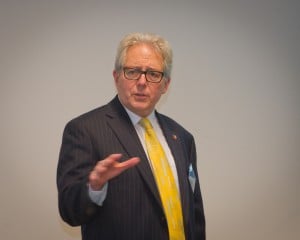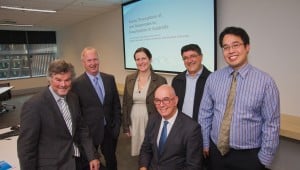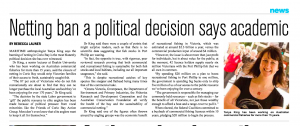 The 87 % of Victorians who do NOT fish recreationally are about to find that they can no longer purchase the local Australian seafood they’ve been enjoying for over 170 years. The closure of netting in Corio Bay will strip Victorian families of their access to fresh, sustainably caught fish. The decision by the Labor government to ‘gift’ the public resource to elite anglers has been made because of political pressure from vocal minorities like the Friends of Corio Bay Action Group (the president of which runs a recreational hire boat company). Most don’t even know that elite anglers want to keep it all for themselves.
The 87 % of Victorians who do NOT fish recreationally are about to find that they can no longer purchase the local Australian seafood they’ve been enjoying for over 170 years. The closure of netting in Corio Bay will strip Victorian families of their access to fresh, sustainably caught fish. The decision by the Labor government to ‘gift’ the public resource to elite anglers has been made because of political pressure from vocal minorities like the Friends of Corio Bay Action Group (the president of which runs a recreational hire boat company). Most don’t even know that elite anglers want to keep it all for themselves.
There is a couple of points that might surprise readers. There is no scientific data suggesting that fish stocks in Port Phillip Bay are waning. In fact, the opposite is true, with rigorous, peer reviewed research proving that both commercial and recreational fishing is sustainable for both fish stocks and local habitats, including our all important seagrasses. This is despite recreational catches of key species like snapper and flathead being many times that of the commercial take (see pictorial representation, attached). Greens Victoria, Greenpeace, the Department of Environment and Primary Industries, the Fisheries Research and Development Corporation and the Australian Conservation Foundation all verify the health of the Bay and the sustainability of commercial netting.
One of the figures often thrown around by angling groups is the economic benefit of recreational fishing in Victoria, which is estimated at around 2.3 billion dollars a year, versus the commercial production input of around 4 million. However, the issue is about more than just profit for individuals, but is about value for the public; at the moment, 42 licence holders supply nearly 6 million Victorians with the PPB fish that we all own in common. By spending 20 million dollars on a plan to boost recreational fishing in PPB to 1 million, the government is spending big bucks only to strip 5 million of us of our access to the public resource we’ve been enjoying for over a century. The government is responsible for managing our commonly held resources – such as fish stocks – for the benefit of all Victorians, not just those wealthy enough to afford a boat and a range-rover to pull it.
Tanya King is a maritime anthropologist who has been working on Australian commercial fisheries for over 15 years. She says the banning of netting in Corio Bay is the most blatantly political decision she has ever witnessed, and one that will cost the vast majority of ordinary Victorians the chance to access fresh, local sustainably caught seafood.

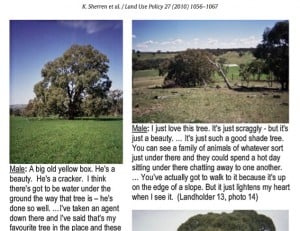
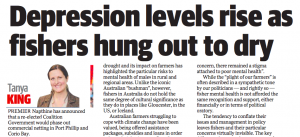
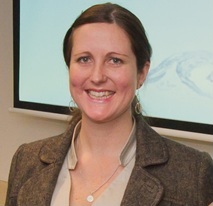 On the 21st August, 2012, a research team led by Deakin anthropologist, Tanya King, launched a report into public attitudes to desalination in Australia. This report constitutes the largest base-line study on desalination in the country.
On the 21st August, 2012, a research team led by Deakin anthropologist, Tanya King, launched a report into public attitudes to desalination in Australia. This report constitutes the largest base-line study on desalination in the country.